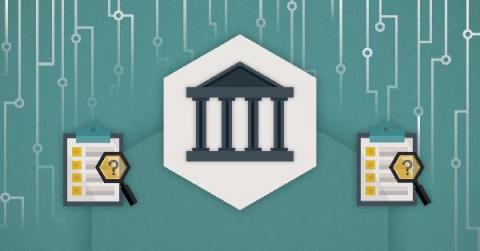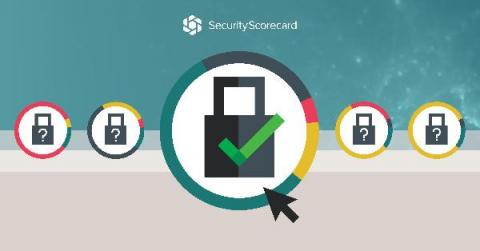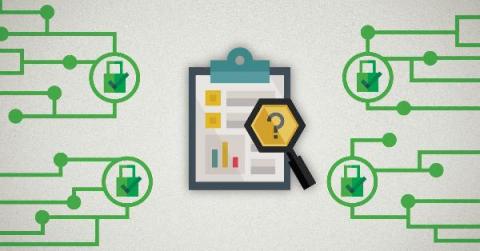5 Cyber Risks SLED Agencies Need to Protect Against
Last year was a tough one for schools, local, and state governments. Not simply because of COVID-19, which forced every local government and school to navigate a pandemic, but also because the pandemic brought with it a different set of dangers. While local governments and schools were trying to figure out remote learning, remote work, and how to run public meetings safely and effectively online, cybercriminals took advantage of the fact that the remote world is new to most small governments.







